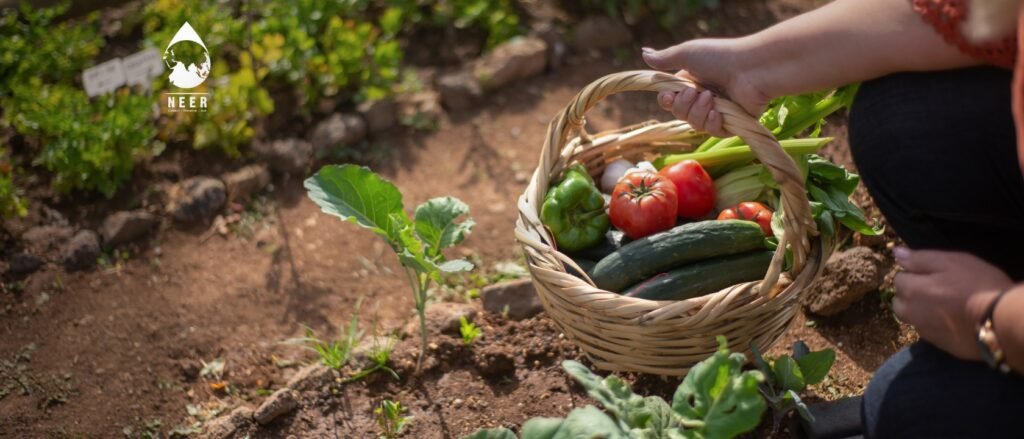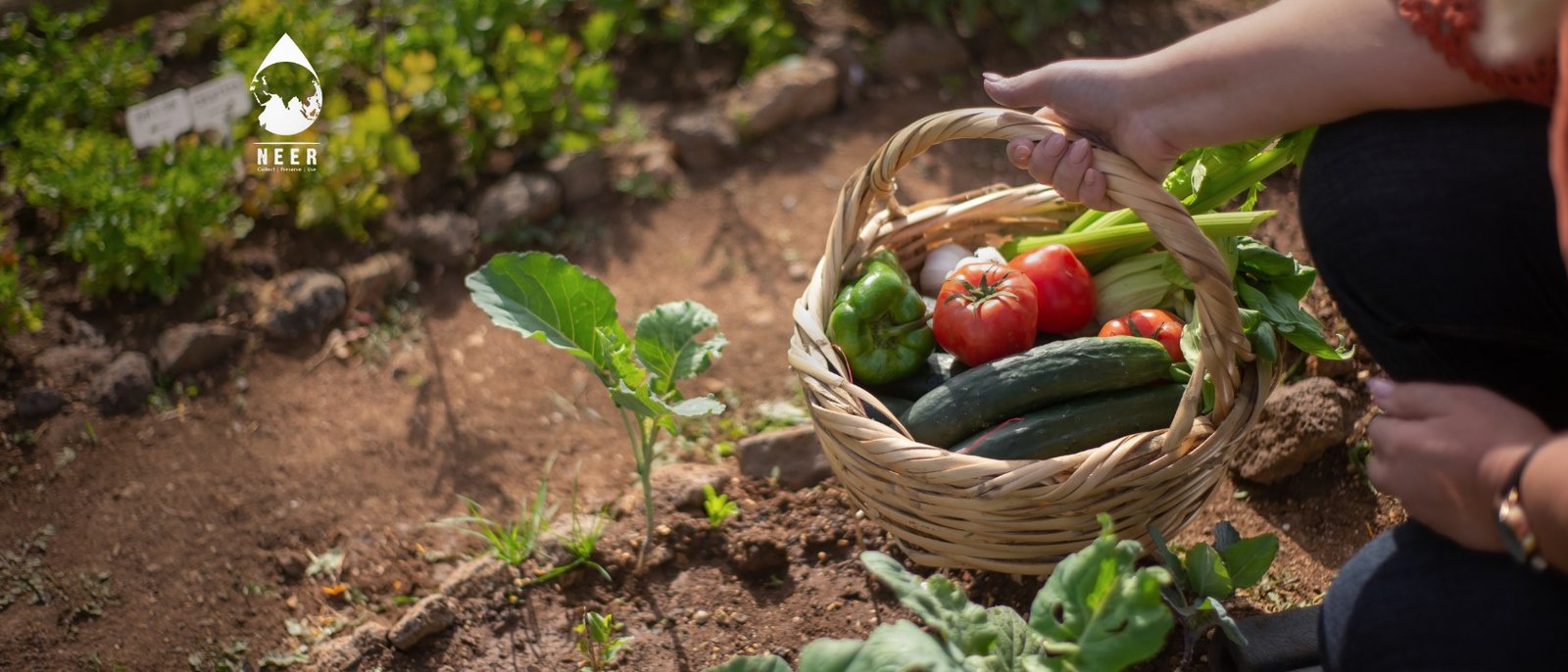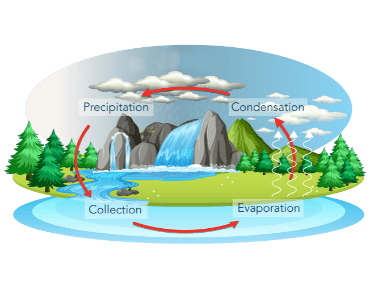
By: admin
Rainwater Harvesting and Its Role in Sustainable Agriculture
Getting water from rain is becoming an important part of the agriculture industry’s efforts to be more environmentally friendly. This antiquated technique, which modern technology has revived, has many advantages and is therefore a crucial tool for farmers who want to be sustainable. Let’s look at how collecting rainwater is changing the way sustainable farming is done.
How to Collect Rainwater: The Basics
Collecting and storing rainwater from roofs, greenhouses, and farm buildings is what rainwater harvesting is all about. The water that was collected can then be used for farming tasks like watering plants and animals. It’s an easy and effective way to save water, depend less on traditional water sources, and make sure there’s always water, even during droughts.
Increasing water safety
One of the best things about collecting rainwater for farming is that it makes the water more secure. By collecting and storing rainwater, farms can build up a reliable water supply that can be used for irrigation when it’s dry. In this way, a lack of water won’t have an impact on crop growth, and it will also depend less on potentially expensive or short-lived external water sources.
promoting environmentally friendly ways to water crops
Most of the time, irrigation is the farm activity that uses the most water. Collecting rainwater is good for the environment because it provides a steady source of water for irrigation. When used with drip irrigation systems, this method can work especially well because the water goes straight to the roots of the plants, reducing waste and increasing efficiency.

Cutting down on soil loss and nutrient runoff
Using a lot of water from outside sources for irrigation can damage local waterways and ecosystems by causing soil erosion and nutrient runoff. Collecting rainwater can help with these problems by making sure that water is used more wisely and effectively. This helps the soil stay healthy, crops grow better, and people leave less of an impact on the environment.
Making a difference for biodiversity
For sustainable agriculture to work, it’s not enough to just grow crops; it also needs to protect and grow biodiversity. Collecting rainwater helps reach this goal by making soils healthier and cutting down on the use of harmful chemicals like pesticides and fertilizers. In turn, stronger and more stable agricultural systems depend on ecosystems that are healthier.
Bringing down operating costs
For many farmers, the economic benefits of collecting rainwater are just as strong. By cutting down on the need to buy water and use a lot of energy to pump it, collecting rainwater can greatly lower the costs of running a business. These savings can be put back into the farm to help it use more environmentally friendly methods or just make more money.
In conclusion
Getting water from the rain isn’t just a way to save water; it’s also a key part of sustainable farming. By giving farmers a reliable, eco-friendly water source, it helps them grow crops in a way that is better for the environment, increases biodiversity, and improves the health of the planet. As climate change and the lack of fresh water around the world get worse, collecting rainwater for sustainable farming will become more important. It can help us build a more stable and food-secure future.
ABOUT NEER
NEER has been established as an Independent Ground Water Management Consultancy Organization with the full support of the Senior Hydro-geologist of the country Mr. M. MEHTA, Ex-Commissioner Ground Water, Ministry of Water Resources, Government of India.
NEER is an Accredited Consultant by the Central Ground Water Authority (CGWA) for the preparation of Ground Water withdrawal Impact Assessment report in accordance with the Guidelines issued vide notification No. 3289(E) dt: 24th September 2020 by CGWA duly followed by other States. NEER is also empaneled, registered and notified Consultant for Rainwater Harvesting designing and implementation by the U.P. government.
AIMS AND OBJECTIVES:
NEER has joined in this endeavor to provide clean water to masses around the year, propagating for conservation and preservation of water including Rainwater Harvesting and Artificial Recharge to groundwater. This is being a part of the water management process to fulfill the dreams of NEER, “Water should be Conserved and Wastage Prevented” and “Everybody should get the needed water being the crux of Life”.
NEER EXPERIENCE:
NEER is working in the field of groundwater management, intending to provide robust consultancy services to Government Departments, Firms, Companies – Private and Public Sector, Institutions, on the Assessment and Management of Water, Environment, and Pollution Control.) Industries, Infrastructures and Mining Projects to meet their water supply requirements as per existing protocols. It also aims at capacity building of stakeholders in Groundwater Investigations and its Management.
We work on NO-COMPROMISE POLICY. Our team members have conducted studies on Environment and Water Management throughout the country and abroad.
NEER has already executed many applied Research and Implementation Projects. Timeliness and Client satisfaction are the essences of this organization’s consultancy philosophy.
NEER APPROACH:
NEER has multi-disciplinary human resources for providing on-site solutions for all groundwater problems. It includes training on Groundwater issues through a well-developed curriculum by Scientists and Trainers.
The Research and Consultancy assignments are being carried out by experts in different fields with long and wide-ranging experience. NEER is also drawing on the expertise in relevant subject matters from the experts of Academic and Research Institutions of National and International repute. Follow us on Facebook & Instagram.


